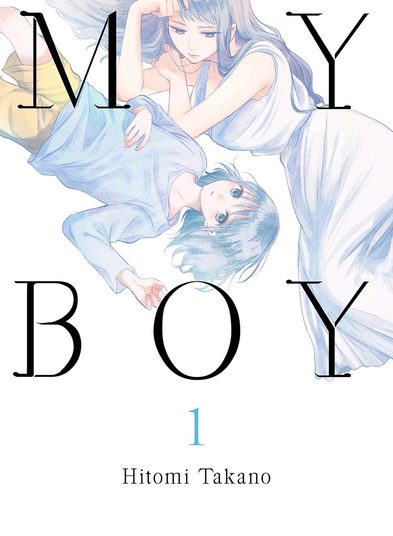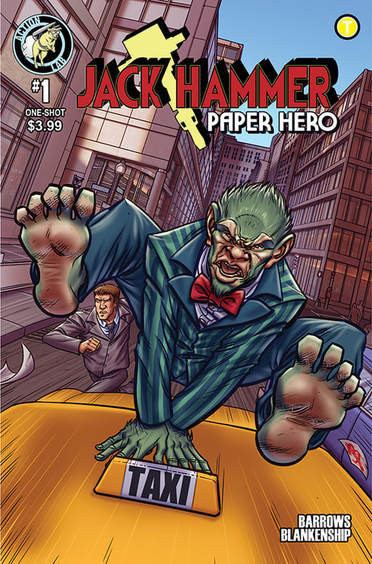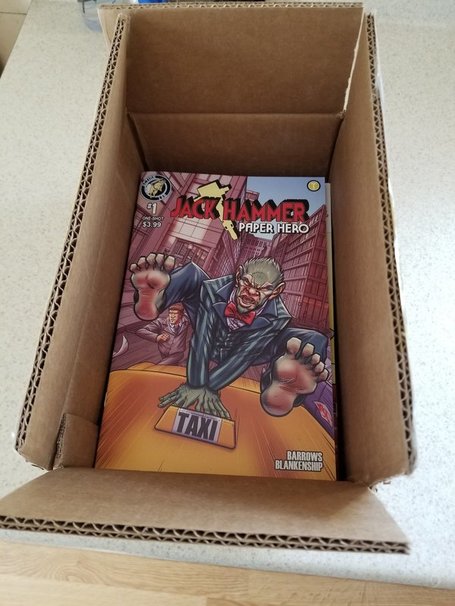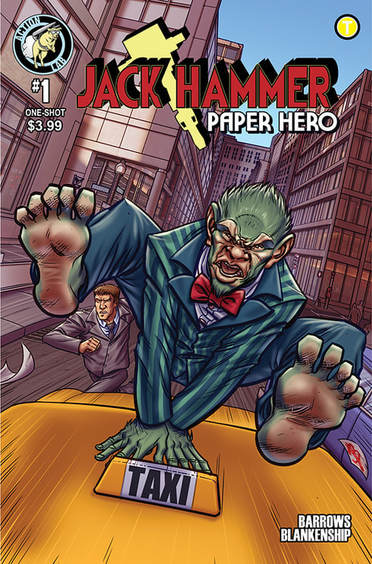I was wrong. It's fantastic.
MY BOY is the story of Satoko, a 30-year-old office lady, single and without friends (or, apparently, family) living a very quiet, soul-crushingly mundane and lonely existence. At 30 years old, she's only had one romantic relationship in her life, a very brief one at that, her last year of college, eight years earlier. At the time, it didn't bother her, but now she suspects it's the moment her life went off the rails, though she couldn't say why.
MY BOY is also the story of Mashuu, an ostracized, bullied 12-year-old boy who suffers from family neglect (including lack of new clothing and haircuts; no really, it's why he's wearing clothes a young elementary student would and hasn't had a haircut in a couple years, leading people to think he's a girl), who spends most of his time outside of school alone, practicing soccer, which he isn't very good at.
The two's lives intersect when Satoko, reeling from a particularly unpleasant interaction with her boss (who, through an unlikely stroke off fate, is the same man who briefly dated then dumped her in college), sees Mashuu practicing soccer alone in the park and, on a whim, decides to give him some pointers. Mashuu is thrilled to have anyone, especially an adult, pay attention to him and share in his passion. From there, a very unlikely relationship builds between the two.
The author, Hitomi Takano, says in her afterwards that this manga is intentionally a gender-reversal of the typical onee-san/shota (young miss/boy) manga trope, in which a young girl finds an companion in an older boy or man. In fact, the story started out that way, but, she says, she lost interest in it right way until she decided to flip the switch. I'm glad she did because I've enjoyed it a lot so far.
Not only is the manga beautiful, but the interactions between the characters very realistic, which you often don't find in this types of comics. Both Satoko and Mashuu are hesitant, unsure of themselves and how they can/should interact with one another. Satoko, because she has no experience with children and isn't sure what's appropriate; Mashuu because he has no friends to speak of and no real parental figure. Both are extremely lonely, extremely vulnerable people and watching them find each other is powerful and moving as Satoko's motherly instinct and desire to matter to someone brings out aspects of herself she didn't realize existed and Mashuu finds that he can be himself and have value, rather than simply trying to keep his head down and stay out of everyone's way. Together, they compliment each other's weaknesses and build each other's strengths.
Only the first volume is out in English, but it's a tremendous read. As I said, I almost didn't buy this (and in fact almost cancelled my order once I had after having second thoughts), but I'm very, very glad I did. I truly enjoyed reading something outside of my normal reading wheelhouse and I'm looking forward to the next volume very much.






 RSS Feed
RSS Feed